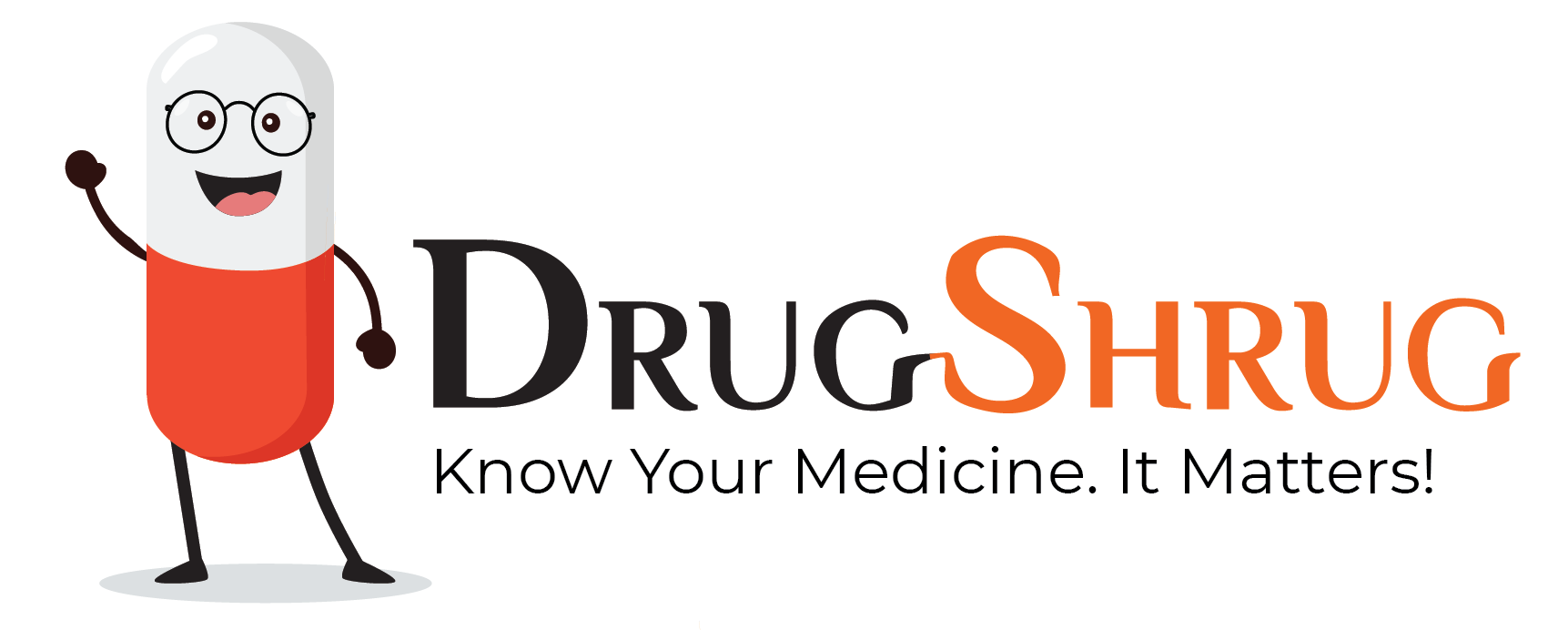What is Human chorionic gonadotropin (HCG)?
Human chorionic gonadotropin is a hormone made by chronic cells that treats infertility in women and increases sperm count in men. It also supports the normal development of an egg in a woman’s ovary and stimulates the release of the egg during ovulation. This hormone is made in the fatal part of the placenta. HCG can also be found with its brand names Ovidrel, Pregnyl. HCG is an injectable drug.
What are the common conditions in which Human chorionic gonadotropin (HCG) prescribed?
HCG is prescribed to an infertile patient. It is used to treat infertility in women and sperm count in men. It is also prescribed to boys whose testicles have yet not dropped into the scrotum.
How should I take Human chorionic gonadotropin (HCG)?
Follow the instructions given by the doctor. Abide by the prescription dose. HCG is infused under the skin or muscle by the help of injection.
The doctor can change the dose depending on the patient’s interaction and recovery with the medicine.
You can take this medicine at your home or ask your healthcare provider to give it to you. You can learn to use the injection from your medical professional.
Do not take the medicine on your own if you are not positive about it.
Some HCG comes in the form of a powder which is further mixed in a diluent. Taking this medicine can be a little hectic with all the need for preparation.
While some can come as single dose prefilled syringe.
That is why, if you don’t understand how to take the medicine, do not take it on your own.
If you are not confident about taking the injection on your own, you can visit a clinic or hospital.
You should prepare your medicine and fill it in injection only when you are ready to take it. Do not leave it in open.
Do not use the medicine if it has changed its colour or has particles in it.
You must not change the dose of the medicine unless prescribed by your doctor. Otherwise, you have risks of side effects.
You will need to frequently visit your doctor to check on the effect of medicine on your body.
Handle the medicine with care. Do not let the medicine enter your mouth, nose or eyes. You can choose to wear gloves and mask while taking the injection.
Use a clean needle and syringe. Do not reuse an already used needle. Dispose the used materials carefully. Ask the pharmacist or any healthcare provider if you don’t know how to dispose the needle.
Store the medicine in a cool and dry place. Do not let sunlight or heat reach it.
Keep the medicine unreachable of children.
When should you not take Human chorionic gonadotropin (HCG)?
You should not take this medicine if you are allergic to it. If you have a Breast, Overy or Uterus cancer, you should not take this medicine.
People with hormone- related cancer should not use this medicine as well.
Your doctor might not prescribe you HCG if you have
- Early puberty,
- Vaginal bleeding without known cause,
- Pregnancy,
- Heart disease,
- Kidney disease,
- Epilepsy,
- Migraine,
- Asthma or
- Ovarian cyst.
What are the possible side effects of Human chorionic gonadotropin (HCG)?
You should look out for any allergy symptoms while taking this medicine.
The symptoms of an allergy may include hives, breathing problem or swelling in certain parts of the body.
Call your doctor immediately if you experience:
- Blood clot
- Dizziness
- Confusion
- Pain
- Numbness or
- Severe headache
- Early signs of puberty in boys
Some side effects may go away with time while others can be a life-threatening disease. Some women develop ovarian hyperstimulation syndrome.
You should watch out for possible risk of this disease. If you feel vomiting or nausea or have severe pelvic pain, it can be an alarming sign.
Some other symptoms of OHSS may include:
- Swelling of hands and legs
- Breathing problem
- Urination problem
- Weight gain
- Diarrhoea
This is not a complete list of side effects of HCG. If you feel anything unusual in your body, you should report it to your doctor.
What to do if I miss the dose?
Talk to your doctor if you have missed your HCG dose. Take the medicine on the same time every day to avoid any such condition.
Common Drug Interaction with Human chorionic gonadotropin (HCG).
Drug to drug interaction can be hazardous for health. Some drugs when interacted with HCG, can make it ineffective or slow down its effect on the body.
You should be skepticle about the drugs you are using together. The best option would be to tell your doctor about your medical history before taking any new medicine.
Herbal products and vitamins and minerals are most likely to be interacted with HCG.
Bottom Line
HCG is a hormone made by chronic cells. It is used to treat infertility in women and increase sperm count in men. This is a prescription medicine. Although this medicine is used to increase fertility, it can also lead to double fertility. You should not use this medicine during pregnancy. Consult your doctor immediately if you became pregnant during medication.


